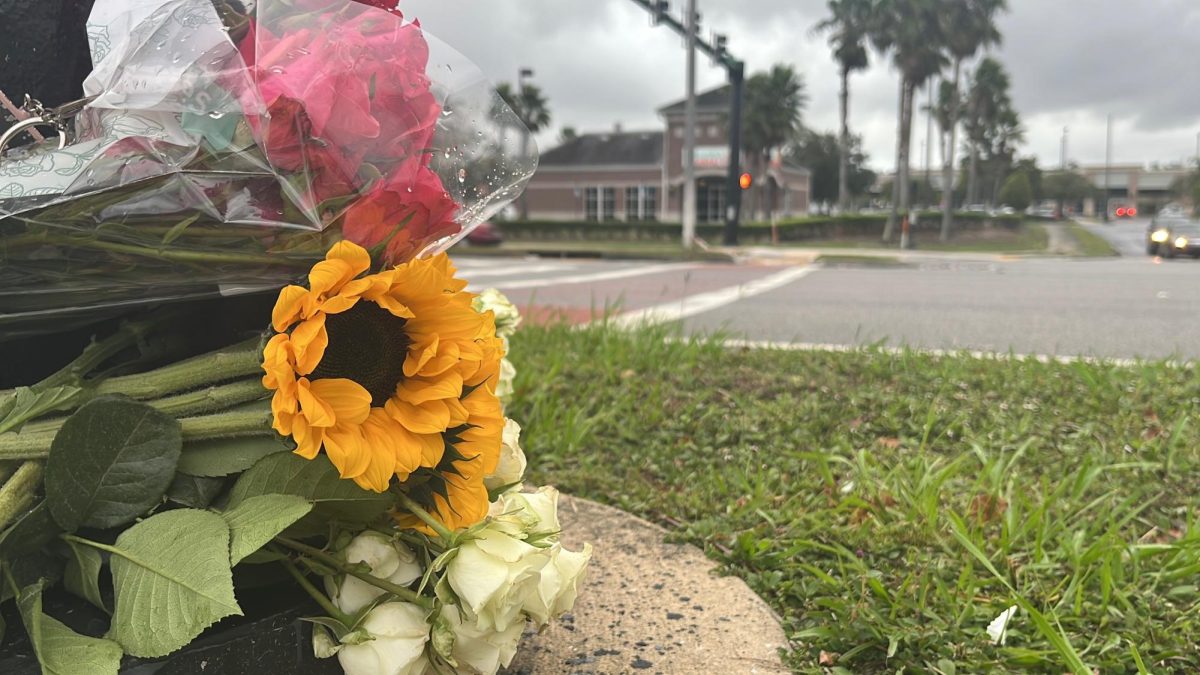This article expresses the views of its author(s), separate from those of this publication. Readers are encouraged to comment or submit a Letter to the Editor to share their opinions. To submit a Letter to the Editor, follow the instructions here.
Rise and grind. One of the most overused phrases of our generation.
The phrase “rise and grind” promotes this concept of waking up and being ready to hustle all day, every day. According to many social media personalities, you are defining yourself as a go-getter and someone to be respected. However, always working does not always equal more productivity.
Today, hustling is defined as working hard for long hours and never stopping. It also means working on more than one project at a time because one job and especially one income is not enough. There is always more to do.
Approximately half of Gen Z claim to have one or more side hustles. If you don’t have a side hustle, then you need to figure out how to turn one of your hobbies into a grossing activity.
So long are the days of taking photos solely for enjoyment or crocheting pillows without putting them on Etsy.
However, in a time of more awareness around mental health and self care, it is an ideology that this generation does not need to carry with them.
To no one’s surprise, hustle culture plagues the U.S., which is far removed from countries with better work-life balances.
In the UK, workplaces are required to give 28 days of paid time off to their employees. In France, the population collectively slows down by taking their holidays through the whole month of August, as they are required to take at least five weeks of vacation per year.
Is anybody else suddenly thinking of taking up French?
Unfortunately, hustle culture has infiltrated college life as well. Students are encouraged to fill their free time with anything they can in order to boost their resumes. They are encouraged to become a part of an organization, volunteer and get a part time job.
The prevailing idea is that these are the things that will make students competitive when going into the workforce.

However, by creating these academic work habits, lack of sleep and free time have become hallmarks of being a college student. In turn, students are burnt out by the time they graduate college when they have to put in even more hours for their career.
According to the World Health Organization, long work hours is one of the top work-related risk factors, which can lead to heart disease and stroke.
This pattern of exhaustion leads us to think that constantly working hard will ultimately have benefits that allow us to enjoy a better life. However, if it only leads to no energy and poor mental health, then how is anyone meant to truly enjoy the fruits of their labor?
If not to give ourselves the ability to enjoy more free time, then we need to take a step back from hustle culture to preserve our health– both physical and mental.
Forbes suggests a few ways that this generation can still maintain the idea of working hard without the toxic culture associated with it. They suggest ideas such as creating a plan with specific goals, setting boundaries for yourself and collaborating with others. Another suggestion, just as important, is to get enough rest.
By implementing a few of these basic practices, students can avoid burnout and get the chance to enjoy the free time that being in college allows.
The aim is not to stop putting in the work that will get you where you want to be, but as the saying goes, it’s about enjoying the journey on the way to the destination as well.
___
For more information or news tips, or if you see an error in this story or have any compliments or concerns, contact editor@unfspinnaker.com.












